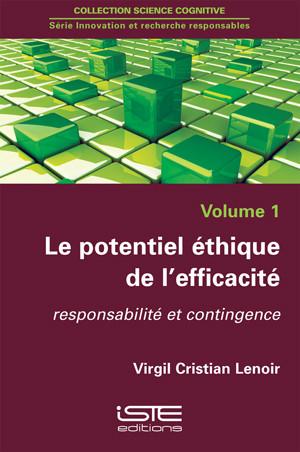
Practical and conceptual, the Responsible Research and Innovation set of books contributes to the clarification of this new requirement for all sciences and technological innovation. It covers the multiple and international responsibilities, by using various philosophical resources, mostly discussing the following topics: ethics, contingency, normative economy, freedom, corporate social responsibility (CSR), participative technological evaluation, sustainable […]
Practical and conceptual, the Responsible Research and Innovation set of books contributes to the clarification of this new requirement for all sciences and technological innovation. It covers the multiple and international responsibilities, by using various philosophical resources, mostly discussing the following topics: ethics, contingency, normative economy, freedom, corporate social responsibility (CSR), participative technological evaluation, sustainable development, geoengineering, the precautionary principle, standards, interdisciplinarity, and climate management.
The ethics of efficiency must be considered with regard to the logic of action or to economic, political, legal or scientific systems.
This book presents a question on the central theme of responsible research and innovation (RRI), which has an ethical influence on effective logics. The issue is to question the opportunity and modularities of an ethical effective influence on the logics of efficiency of research and innovation.
From the distinction of efficiency and effectiveness, lies the problem of efficacy, the ethical accord between the two. Thus appears the possibility of taking effective responsibility with respect to systematic injustices potentially linked to this efficiency. This book proposes categories to understand the ethical implications of research and innovation processes, under the aspect of their efficacy.
1. The Question of Justice in Logics of Expansion and Reductionist Efficiency.
2. The Question of Justice in Stabilization Logics and Limitative Effectiveness.
3. Reworking of the Effectiveness Concept.
4. Practices of Efficiency.


